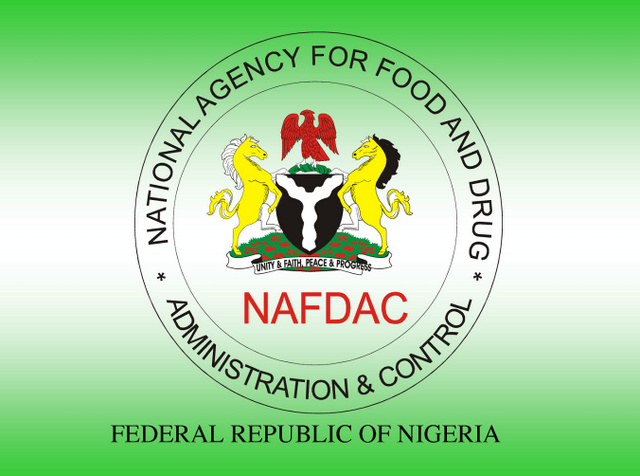EU denies rejecting 24 Nigeria export products

The European Union has denied reports that it rejected 24 Nigerian products.
The union said that contrary to the reports, only five food products were rejected, adding that the products were rejected on 24 consecutive occasions.
The head of the EU delegation to Nigeria, Michel Arrion, stated this when he visited the secretariat of the Nigerian Association of Chambers of Commerce, Industry, Mines and Agriculture in Lagos on Friday.
He said dry beans had been the only Nigerian product banned from the EU because of the harmful level of pesticide found in the food product.
Arrion recalled that over time, the EU had had cause to reject five other food products comprising palm oil, sesame seed, melon seeds, groundnuts and smoked fish for the same reason.
The EU ambassador said the action was not meant to protect the EU market but the health and lives of Nigerian consumers in the Diaspora since all the food products exported from Nigeria to the EU market were meant for Nigerians and other African consumers.
He said that the containers of beans exported to the UK were full of pesticide, making them extremely toxic.
He said, “There has been hundreds of rejection of containers of beans going to Europe. We have been obliged to decide on the ban on one or two products until the Nigerian Quarantine Service can fix the problem of the use of unauthorised pesticides.
“Those pesticides are unauthorised by the EU, the Food and Agricultural Organisation and the entire world.
“In addition, there have been some rejections; consignment by consignment of five more products, not 24. But altogether, there have been 24 rejections of containers or consignment of sesame, melon seeds, palm oil, groundnut, and smoked fish.”
Arrion said that the products were rejected because of hygiene, adding that some had broken packages; some contained aflatoxin, a toxic product responsible for liver cancer.
“We have returned 200 tonnes or 10 containers of dry beans that are traded all over Nigeria. The implication for the Nigerian consumers is that they are consuming these deadly toxins locally. The quick response will be to address the problem within Nigeria,” he said.
He added, “You know farmers in Nigeria use pesticides they do not know, sometimes in double doses. We are talking of consignments that are three or four years old, that have been kept in the warehouses, which people try to buy at cheap prices and export. This is very bad because it affects the image of Nigeria abroad.”
According to him, the agency was working with Nigeria to improve pest management in the country.
The President of NACCIMA, Chief Alaba Lawson, said that the visit of the EU ambassador was strategic, considering the resolve of the association to transform the country’s trading processes through the issuance of Electronic Certificate of Origin aimed at facilitating the delivery of goods from Nigeria.
She said, “We believe your visit today will help provide insight into how we can improve upon our services in this regard to further promote and protect trade.
“As a leading member of the Organised Private Sector in Nigeria, I want to emphasise that NACCIMA will continue to ensure an enhanced trade partnership with member countries of the EU and will be available to partner the EU Commission in any area for greater business development and integration.”









0 Comments